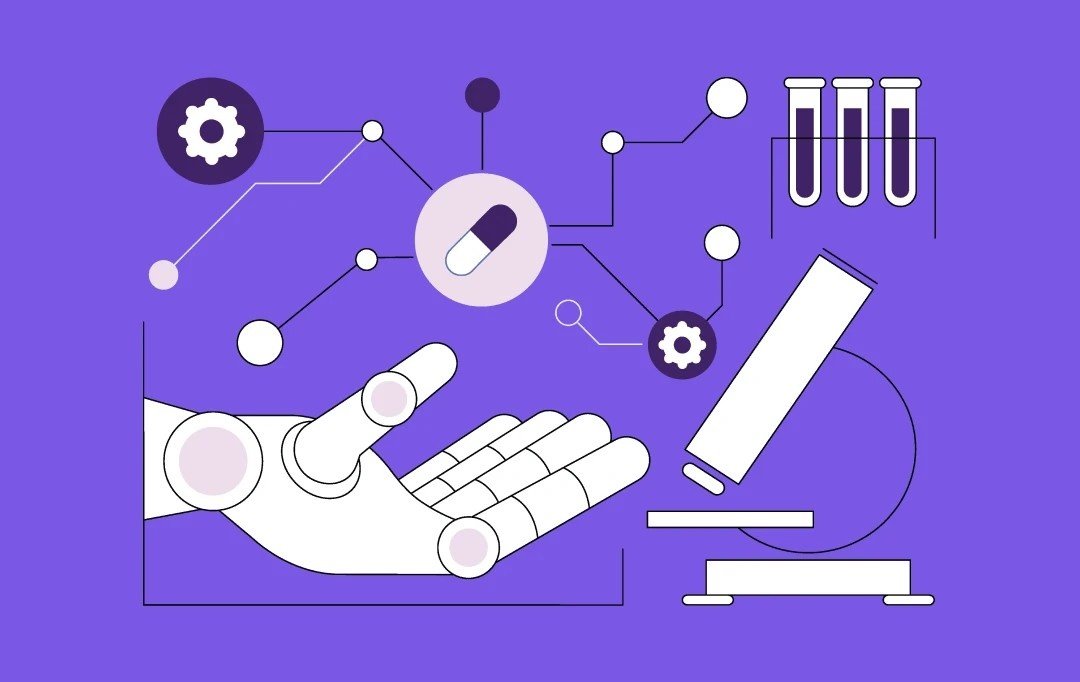Egypt’s Digital Egypt 2030 strategy is driving a comprehensive healthcare transformation focused on AI diagnostics, telehealth, and electronic health records (EHR), creating new business opportunities and raising the bar for private healthcare enterprises. With government-led initiatives such as the Universal Health Insurance System (UHIS) digitizing millions of patient records and automating hundreds of medical facilities, the public sector is building a future-ready healthcare infrastructure grounded in interoperability, regulatory compliance, and digital-first solutions.
Key Highlights from the Digital Egypt 2030 Healthcare Landscape:
- Nationwide Digital Adoption: Over 4.5 million electronic health records and fully automated family medicine centers demonstrate Egypt’s digital progress. AI applications in radiology, AI triage assistants, Arabic-language chatbots, and cloud-based e-prescription platforms are transforming clinical and patient care.
- Government-Private Sector Integration: Egyptian healthcare enterprises must ensure solutions are interoperable with UHIS, Sehat Misr, and other public systems to remain competitive and access funding. Regulatory compliance is tightening, requiring AI tools to meet standards for explainability, safety, and cybersecurity.
- Affordability and Accessibility: While digital health appointments exceed 13 million, solutions must cater to Arabic speakers, rural populations, elderly users, and low-literacy patients, supporting offline use and user-friendly interfaces.
- Scalable, Modular Platforms: Healthcare apps need modular microservices, cloud-native architectures (with local data hosting), and robust monitoring to scale with evolving policies, volumes, and technologies.
- Interoperability is Essential: Solutions must align with Egypt’s health coding standards (ICD-11), data exchange protocols (HL7, FHIR), and support seamless integration with existing hospital and insurance systems to avoid costly rework.
- White-Label B2B SaaS Growth: Modular AI-driven healthcare platforms that private clinics or hospital groups can brand and deploy easily are gaining traction, especially those plug-and-play ready for integration.
Strategic Recommendations for Enterprise Healthcare App Development in Egypt:
- Prioritize compliance with Egyptian Ministry of Health regulations and data residency laws.
- Build Arabic NLP capabilities supporting both Modern Standard Arabic and local dialects.
- Design accessible user experiences for diverse patient demographics.
- Ensure platforms are cloud-native, modular, and integration-ready from day one.
- Embed AI explainability and risk controls in clinical decision tools.
- Prepare sandbox environments to accelerate government approval and public-private interoperability.
- Avoid fragmented or generic “one-size-fits-all” designs that ignore Egypt’s unique medical, cultural, and infrastructural landscape.















